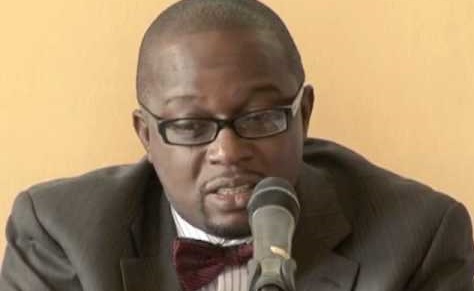Former Auditor General John S. Morlu has expressed alarm over the governance practices of current President Joseph Boakai, drawing parallels to the administration of former President George Weah.
In a recent post, Morlu highlighted that President Boakai appears to be following a similar trajectory, particularly in his actions toward Central Bank of Liberia (CBL) Governor Aloysius Tarlue and other CBL deputies. This approach, according to Morlu, potentially violates the CBL Act’s removal clause.
Despite the controversial nature of Boakai’s decisions, Morlu notes that some Liberians seem to support these actions. He pointed out a troubling trend where former leaders Weah, and Ellen Johnson Sirleaf have all favored compliant figures in key financial roles. Morlu emphasizes that whether under Weah or Boakai, the ongoing governance practices remain concerning, and he advocates for a shift towards better governance and financial management, regardless of political affiliations.
Morlu recounts a contentious debate from 2019 to 2020 with then-Finance Minister Sam Tweah regarding the independence of the CBL. The central issue was Tweah’s push to keep the CBL governor on the Economic Management Team (EMT), a stance Morlu contested. He ultimately succeeded in persuading President Weah to remove the CBL governor from the EMT, reinforcing the Bank’s autonomy, a move he attributed to his academic background in economics.
In 2020, President Weah officially announced the removal of the CBL governor from the government’s Technical Economic Management Team (TEMT), aiming to bolster the Bank’s independence and allow it to focus solely on monetary policy free from external pressures. This restructuring was intended to create a stable macroeconomic environment.
Now, in 2024, Morlu has observed that President Boakai seems to have reverted to Weah’s earlier policies by reinstating the CBL governor on the EMT. Morlu warns that this decision could endanger the independence of the CBL, which is vital for sound financial management and economic governance. Morlu urges Boakai to take decisive action, akin to Weah’s previous decision, to preserve the Bank’s autonomy.
The current governance approach, according to Morlu, mirrors past poor practices. He stated, “If Weah was willing to heed my advice amidst the challenges of his administration, I believe Boakai, whom I supported in his rise to power, should similarly prioritize sound governance.” To date, Morlu indicated that he has yet to see a significant shift in governance strategy between Boakai and Weah, challenging anyone to prove him wrong.

